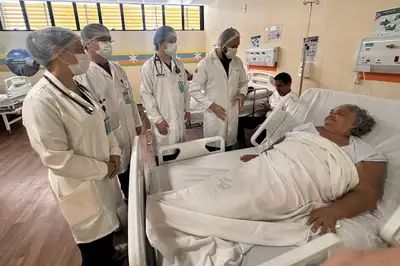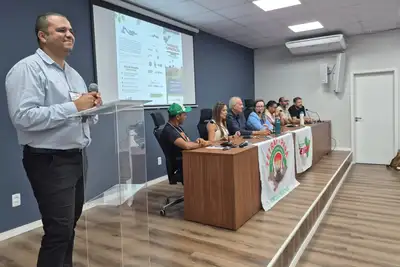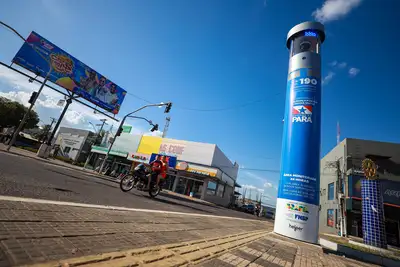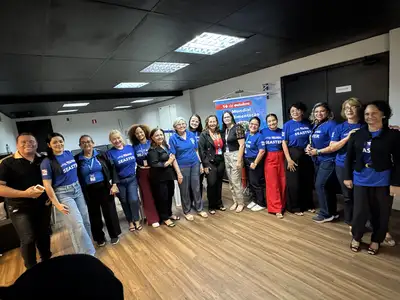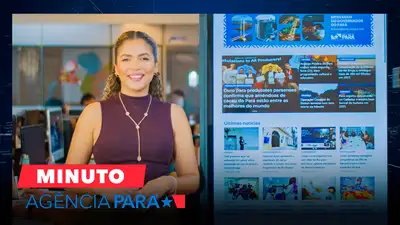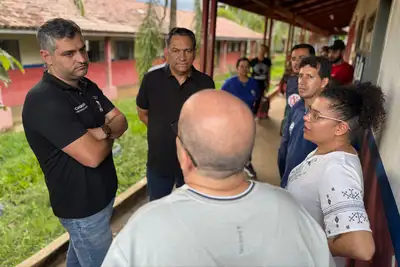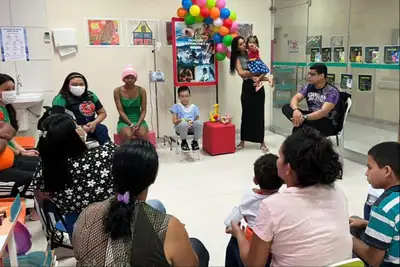Carnival Reflection Cycle energizes the State University of Pará (Uepa)
Event brings together masters of popular culture and researchers to discuss the poetics, history, and challenges of the carnival in Belém
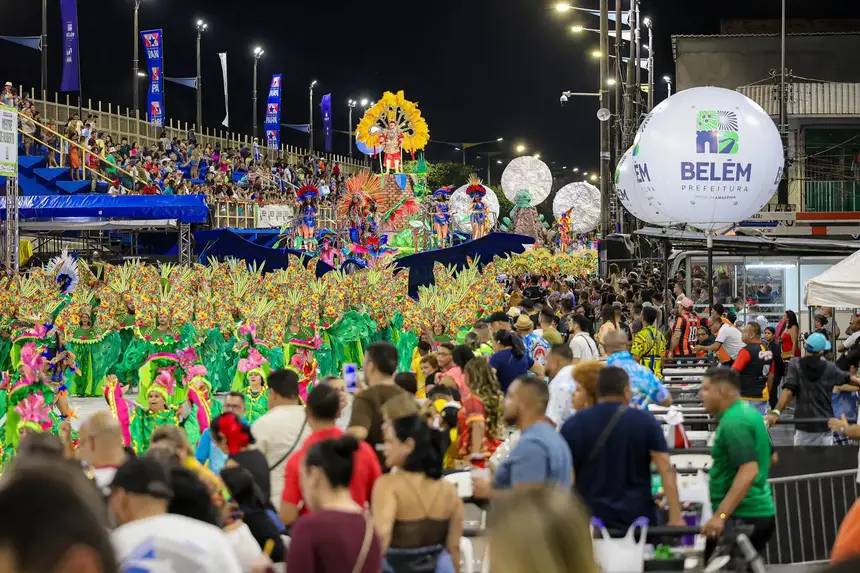
On September 10 and 11, the State University of Pará (Uepa), through the Research Group on Artistic Languages and Poetic Styles (LAESP), will hold the Carnival Reflection Cycle at the Center for Social Sciences and Education (CCSE) in Belém. The event aims to promote a dialogue between academia and the empirical knowledge of carnival makers, bringing to light reflections on the poetics, history, and transformations of this cultural manifestation.
LAESP, which has been in existence for 10 years, has already accumulated research on the carnival universe, such as the study of samba-enredo in the Belém carnival, which was awarded as Best TCC. For the group's coordinator and cycle organizer, Professor Raphael Bessa Ferreira, carnival is a territory of multiple artistic languages, capable of articulating diverse codes without losing internal dialogue. This poetic richness, in the words of scholars like Luiz Rufino and Luiz Antônio Simas, is an expression of "epistemes of the cross," born from the cultures of terreiro and the streets.
The event's proposal is to value the knowledge that arises from the carnival practice itself. The cycle's guests are not only researchers but also protagonists of samba schools in Belém, acting as masters, composers, and leaders. For Raphael Bessa, this choice is strategic: "the guests of the Cycle are masters who create popular culture. The knowledge they bring is often not studied in academia and ends up being rendered invisible. The university has much to learn from these ancestral and, at the same time, avant-garde knowledge."
The professor emphasizes that the initiative seeks to provoke a genuine exchange between the university and the carnival associations. The goal is both to bring empirical knowledge into academia and to return reflections produced in the university space to the schools. This circulation, according to him, can be reflected in the improvement of what is seen not only on the parades but also in the barracks, courts, and streets where the carnival expands.
The cycle also rescues historical aspects of the carnival in Belém, such as the period considered golden, about 40 years ago, when the city had the third-largest parade in the country. This moment of intense competitiveness between schools like Arco-Íris and Rancho is a milestone that inspires reflection on the current directions of the festival.
Today, says Raphael Bessa, there are new tools that enhance the grandeur of the carnival, such as digital technology, network communication, and exchanges with carnivals in cities like Rio de Janeiro and São Paulo.
Among the guests, notable figures include professor and writer João de Jesus Paes Loureiro, one of the creators of the composers' wing of the Samba School Quem São Eles. Loureiro's trajectory highlights the importance of community participation in samba-enredo contests, a practice that, in many places, has been replaced by more restricted, commissioned models. In addition to his experience as a researcher, Paes Loureiro brings memorable samba-enredos that translate "amazonianity" in the Pará carnival, as argued by Professor Raphael Bessa.
With this program, Uepa reaffirms its commitment to recognizing and valuing popular culture as a field of knowledge. The Carnival Reflection Cycle thus serves as a meeting space between artistic creation, traditional knowledge, and academic research, celebrating the creative power of the Belém carnival and its connections with other cultural realities.
Service:
Carnival Reflection Cycle
Location: Center for Social Sciences and Education (CCSE) – Uepa
Date: September 10 and 11
Event open to the public.




